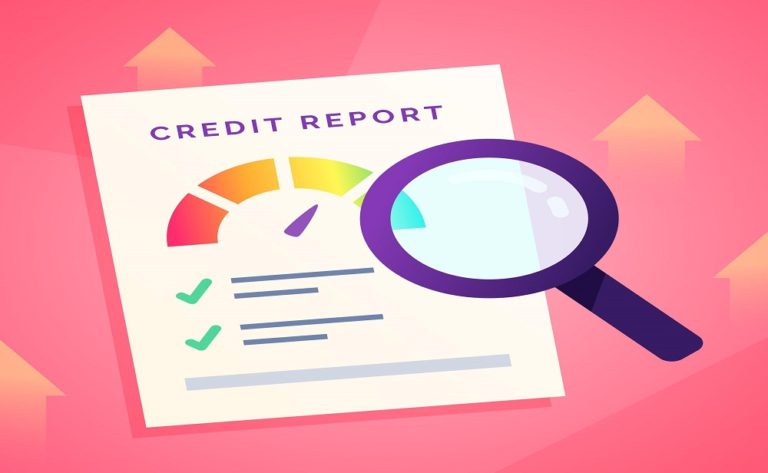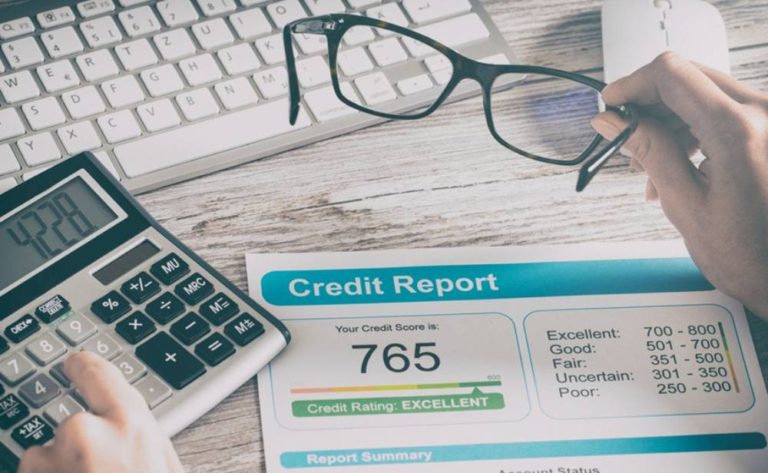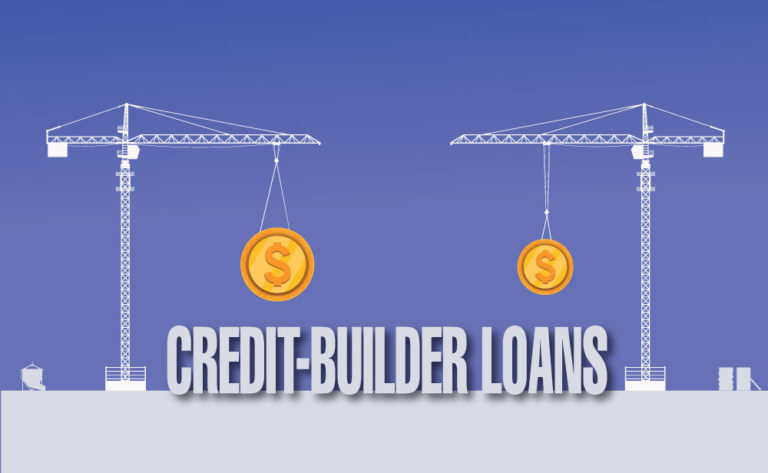How to Build your Credit up: Basic Information to Know
Introduction

Do you plan how to Build your Credit up from nothing (starting from zero); generally, you have two separate ways to get started. Either way, you prefer, it’s left to your discretion. At the end of the review, you should know how to Build your Credit up.
Option 1
How to Build your Credit up using a credit card. Building credit using a credit card embraces procedures as good as opening a secured credit card and becoming an authorized user on someone else’s account. Also, you can get a guarantor or counter-signer on your behalf.
Option 2
How to Build your Credit up with no credit card. How to Build your Credit up with no credit card, on the other hand, turns to different credit samples. Take, for instance, home loans, auto loans, and educational loans for scholars—to assist in building Credit.
In this post, you’d be conversant with either of the above options to build Credit up. Further, it addresses information, particularly the most appropriate procedures to use Credit, the values with building Credit, and the different credit samples.
Let’s bring it on. Have a nice time building your Credit up.
How to Build your Credit up using a credit card
It doesn’t matter if you are new or haven’t taken out a loan for a long time; building Credit doesn’t just happen like that; it requires you to do one or two things.
Consider signing up for a credit card if you’d like to explore some methods to start establishing a credit report like a breeze.
That way of a credit card makes you follow the credit standard procedure. It urges moneylenders to report a user’s banking records to some credit reporting agencies. When any of the credit reporting agencies have a copy of your report, nothing stops them from posting your FICO score for you to see.
You don’t have enough credit reports; for sure, you could expect to try hard to get the original credit card. Nevertheless, take a look at the below ideas for a way out.
1. Leverage your good relationship with the bank
Take, for instance; you have no credit card; there’s no way to justify you can make timely payments for your credit card debts.
Once your school of thought is in that direction, you can perceive how to build your Credit up as a futile effort ( unproductive ) and doesn’t amount to anything.
Though you are yet to own a credit card, you most likely already have opened either a checking or savings account.
For instance, if you have maintained a good relationship with your bank, do you know you can strengthen that rapport, connection, and respect for yourself? It’s simple! A way to achieve this is to sign up for a credit card with that same bank.
2. Give thought to using a secured credit card
While you build your credit score up starting from zero, most likely, you are to use a secured credit card to get started.
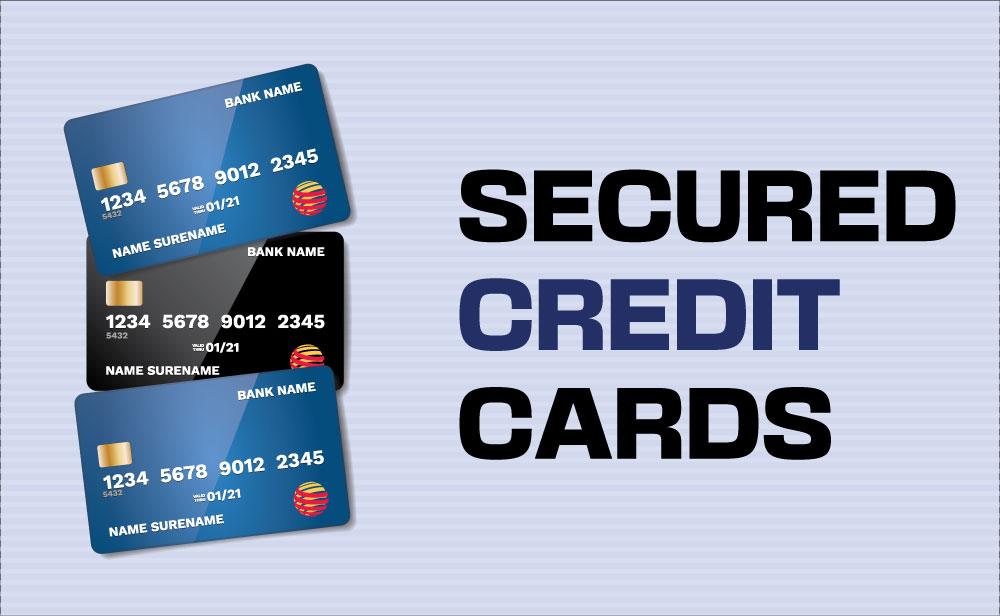
When you register for a secured credit card, bear in mind to book a cash deposit in advance as a security deposit or collateral —in most cases, the amount is just $100. As a result of that cost range, Many individuals could easily afford to get secured credit cards.
Browse the 8 Top Authentic Credit Cards to serve poor Credit
For this reason, a secured credit card serves the same way as some other credit card you could imagine. A secured credit card is usable to buy stuff; following that, do your best to make payments when expected monthly. While you progress establishing a good credit report, you are fit to use the standard credit card.
While selecting a secured credit card, feel free to search and compare. As secured cards are usually targeted and promoted to individuals with poor credit reports, many conditions may be disadvantaged.
Don’t get yourself to secure credit cards with high interest or unnecessary charges. Be smart to select a card you could upgrade from a secured credit card to a regular credit card (not secure) after proving yourself a reliable user.
3. Be a Licensed user to Build your Credit up
One other way to build your Credit up is piggybacking on another person.
How’s that possible? You could do that by requesting your family or friends to have a solid or positive credit report to join you as a “licensed user” to any of their credit cards. You could build a credit report, and you’re not held responsible for bills.
Even though you’re not authorized to settle the expenses on the card, there’s nothing bad you arrange to pay the debts behind the scene with the credit card owner. The card owner will appreciate that and further strengthen your relationship with him. When you get right down to it, they sacrifice and take chances on their Credit to assist you with an opportunity to build your Credit up.
And if you decide that way to follow. Ensure that the credit card firm in charge of the card owner relays all the deals the licensed users did with the card to the credit reporting agency. In that way, you can receive Credit for being added as a user for the account.
4. Look for a Guarantor or Counter-signer
Sometimes, you’d be able to sign up for a credit card provided that you have a person ready to enlist you and allow you access.
Quite different from the authorized user’s strategy, the Guarantor or Counter-signer on your behalf is accountable for the debt on the card.
And if you refuse to make payment, the credit card firm will be after you. As simple as that!
How to Build your Credit up with no credit card
Aside from Credit cards, there are other routes one could follow to build credit reports. Merely buying another car, an educational loan for students, or better still, cellular mobile deals, you can use this to start developing your Credit, though not in every case.
Next, you can make six choices to start building your credit reports.
1. Educational loan for scholars
Are you an undergraduate or postgraduate about to go to university? An educational loan is a viable means to support building your credit report. Moreover, you must pay your bills at the right time. Those that could foot the bills for a university certification are few, not all. The rest have to borrow from relatives or go for educational loans.
In the same way that paying your bills on time improves your credit score. Likewise, failure to pay on time or when the payment is not on record ( found missing ) can affect the credit score on a downward trend.
You wouldn’t want to be affected by a credit report messed up with bills paid for missing educational loans as a fresh graduate. For that reason, do your best you don’t bite off more than you can chew while you take out a loan from the college.
2. Car loans
Creditors dealing with car loans send a copy of any of their debtor’s banking records to the credit reporting agencies. That way, you could leverage it to build credit up. Similarly, make timely payments with your educational loans every month since a few late payments on your report could reduce your credit score. So, be careful and observe all measures.
3. Home loan to Build your Credit up
Possibly, it can seem so difficult to benefit from a mortgage with your experience of a poor credit report or even when there’s none. How to Build your Credit up? A home loan seems suitable for building Credit if you can take out a loan with a guarantor or counter-signer.
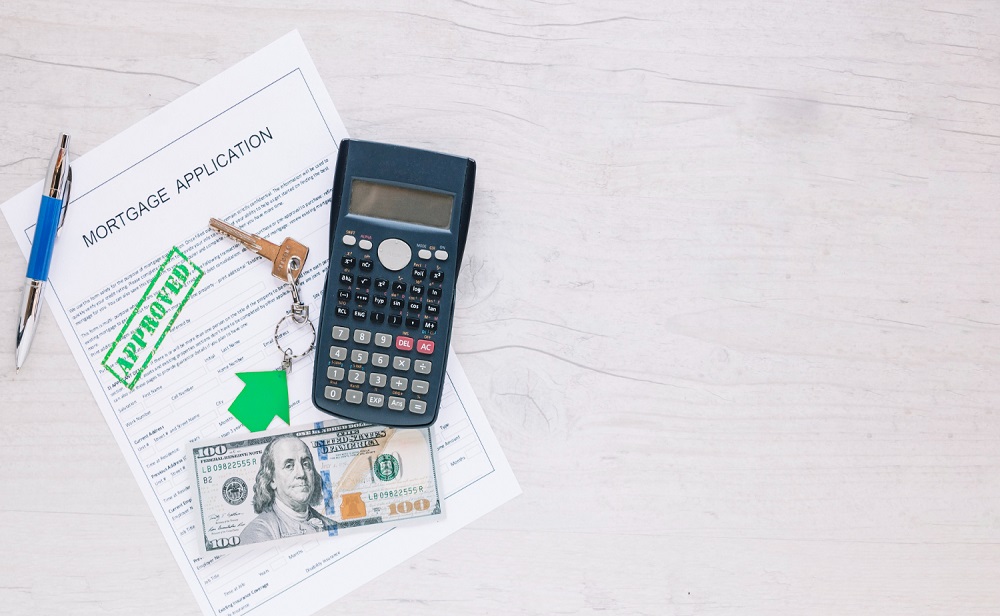
Credit score
4. House Rent payment
Many house owners fail to relay their occupants’ banking records to the credit reporting agencies. However, a few of them will do that if you sit them down and discuss how it benefits you to build Credit up. Moreover, credit reporting agencies feel delighted to add the reports about your credit affairs after receiving them.
And suppose a house owner did not report your bills paid. In that case, a very good option to consider is to connect with an intermediary website that allows footing your rent bills on the Net.
Besides, the website can send your banking records to credit reporting agencies for your benefit. Many websites bill a low amount for the service.
However, many occupants realized the ease and benefits of building Credit through the Rent payment are good enough to consider spending time, money, and effort.
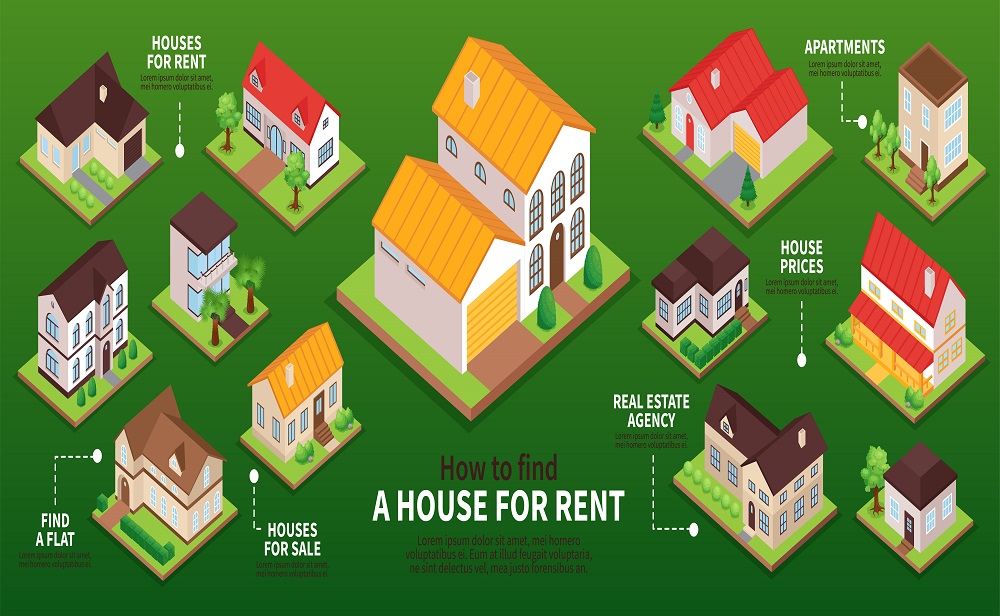
5. Pay Cellular mobile bills
How to Build your Credit up? Sometimes, merely settling up your Cellular mobile expenses at the right time can also contribute to building Credit. Even though that seems somehow unbelievable or a simple thing to the eye, please don’t ignore it.
As reported by some findings, 95% of US citizens have a smartphone; likewise, 100% of age class 18 to 29 own a device. And if you’re hoping to build Credit up starting from zero, possibly, your Cellular mobile deals are a very good start.
6. Credit builder loan
One or two creditors; in particular, Self Lender allows exclusive credit builder loan support purposely arranged to assist individuals with no credit. Hence, they can get started building a positive credit report.
Commonly, such loans are for a low sum, something like $100—the creditors transfer the loan sum to a savings account or something equivalent. The person who borrows pays his bills regularly at low interest. After you clear the initial money borrowed, the borrower gets the cash and starts building a good credit report.
The most appropriate way to use Credit
Regardless of how you choose to start establishing your credit report, if you’re affected by a poor credit report, expect a reduction in your score as though you’re without a report.
That’s why it’s necessary to embrace the Best procedures to use Credit from the beginning. Definitely, it contributes to build your Credit up
Check below for 9 Best ways to use Credit suitable for a bank.
1. Pay your bills monthly
The fundamental to using Credit; also establishing an excellent credit score is to pay your bills as scheduled and keep to this practice.
You may find it inconvenient to abide by this suggestion. Just one or two late payments on a different credit history without an error could wreck the credit score much more than one could imagine.
2. No interest payment
Before achieving positive Credit, don’t keep debts on credit cards beyond the due date.
For instance, you could handle the Credit responsibly and settle debts without any monthly amount. In that way, you establish a positive banking record and, at the same time, prevent paying interest.
3. Do your best to have your credit utilization at the barest minimum
If you don’t understand Credit utilization, this is an opportunity. Credit utilization is the amount limit of money owed against the overall current Credit.
Similarly, you wouldn’t like to get so near to your lines of Credit since that makes creditors believe a borrower is likely to default. Also, not to have what it takes to pay bills on time.
Reduce your Credit Card Utilization in a few steps
Sure, you may have your credit utilization so high. If that’s the case, request your credit card firm raise the limit.
4. Don’t sign up multiple accounts at the same time
Signing up for multiple credit cards with other credit samples is enough to give the impression that your earnings are very low to survive. Also, it’s a warning to new creditors.
Besides, multiple new accounts could reduce the normal duration of an account on the credit history and reduce a credit score.
In contrast, it’s best to register one new card once annually. The procedures can boost a user’s current Credit and assist with the credit utilization rate.
5. Avoid closing accounts that have been in existence for long
Commonly, the society observes settling the bills owed on a credit card by deactivating an account. They get it wrong. The “not looking back style with an account” can be a nice move. However, it can negatively impact credit utilization.
If you clear debt with full payment and don’t feel like continuing with the account anymore, just disjoin the credit card but don’t close down the account.
Though that doesn’t work with the following consideration: let’s say you own a credit card with charges every year. Then block the card; sign-up for a card with better conditions afterward.
6. Use a mix of credit samples
Make sure to diversify your credit samples. Don’t keep to a particular credit sample—shuffle by introducing a good combination of credit samples, for instance, installment, revolving Credit, and unsecured, secured bills. Like that, your worrying on how to Build your Credit up becomes a bygone.
7. Watch your credit history are correct
Immediately start establishing your credit report; it’s necessary to monitor your credit history periodically.
From findings handled through the agency of (FTC) Federal Trade Commission, 1 out of 5 customers have inaccuracy on their credit history.
If you notice errors on your report, hurry to engage proper measures to put that right. Follow the procedures to dispute errors.
8. Prepare a Spending plan
To handle Credit properly and reliably, you must know the amount you can bear for your monthly expenses.
While you prepare a spending plan every month, this will assist in controlling your expenditures. That being the case, it cautions you from borrowing beyond your capacity.
9. Search and compare various interest rates
If you are very new to credit affairs, you may only see a few options for interests.
However, it costs you nothing to search and compare several options. The truth is a very low-interest rate can assist you in control of your debts every month. Therefore it controls you from stacking late payments or missing ones on your credit history.
Five reasons to build Credit up —Know the values
With this current age, it’s difficult to cope when you’re with no credit. Therefore you need a credit report. When you know the values to build credit up, then you’d be eager to know how to Build your Credit up.
Don’t bother signing up for a credit card or taking out a loan. A consumer credit report (or when it’s low) can impact anything, even with your location, likewise your likely success getting a job. Now, let’s take a look at why you should build your Credit up.
1. Purchasing a house or Paying for the use of rooms temporarily
Oh! Is it your first time renting accommodation or buying a new house?
If you’re without a credit report, this can repel house owners from doing business with you, including creditors, for home loans. Financial institutions and homeowners always want to boast about their consumer’s resourcefulness to make timely payments of debts.
Even though you consider paying for the use of a house temporarily, the new house owner increases your loan by agreeing to join in a tenancy bargain. Landlords turn to credit history to assess their occupant’s likelihood of making timely payments.
2. Making purchases of a motorcar
Many individuals are short of cash in savings to pay the total amount for a new car. Moreover, suppose it calls to borrow an auto loan. In that case, any creditor for that will check through your credit report before they can accept approving the money requested to borrow.
Likewise, your credit score also decides the amount of interest likely to settle up for the loan.
If you do not have enough credit reports, you may find it hard to get a loan. Generally, creditors request a consumer to provide another borrower to share the loan liability, possibly to take over in a situation where the bills paid are nowhere to be found on the report.
3. Winning a job
It’s weird to ponder upon this; moreover, so many company owners are after your credit history before they can give a job application.
Assuming your job line deals with money or your obligations relate to money. It’s not bad for a company to see evidence that consumers are serious about their responsibilities.
Maybe you are a failure when it comes to proper handling of finances; definitely, how can you do that?
4. To continue making progress or keep a company active in a business
It can shock you that a few electricity firms and the likes evaluate your credit report before accepting offering you a deal.
For instance, maybe you’d like to commence with a water service or an electricity bargain. The utility establishment around your locale is likely to pull your credit report to ensure you duly make timely payments.
5. Founding a business
Happy for you; you’ve found a brilliant concept to run your company? A number of the industry-leading businesses ever had their business begin while they were at a very tender age.
Meanwhile, many companies require a large amount of money to start, but if you’d prefer to borrow a loan for small-scale companies to promote your ideas. At the very beginning, expect creditors to pull your credit report.
Honestly, any newly starting company is a risk—supposing you don’t have enough credit reports, you stand more risk to financial institutions.
The various credit forms
A credit score is a risk rating due to several factors, and the credit samples have.
Read the
Five factors impacting credit score to beware of
While building a credit report is very necessary, you must mix proper combinations of various credit forms. When a particular type of credit category in the account is in excess or more than necessary, this also affects a consumer’s credit score.
Secured Credit
Secured Credit, as you can imagine from the title, you need a security deposit or collateral as a guarantee to secure the card.
For instance, immediately you borrow an auto loan, you allow the creditor a right on your car in return for funds required to settle up the payment of the motorcar.
And if you were unable to pay the car bills, a creditor has the right to take over the motorcar from you.
One more sample of secured Credit is Home loans.
Unsecured Credit
As the title suggests, it’s not secured—just the opposite of secured cards. With unsecured credits, there’s nothing like support with collateral.
Instead, the advantage of taking over the collateral should be in case of a consumer default (couldn’t pay bills on time). The only thing a creditor could do in this case is to shop for collection, not in favor of the borrower, by offering the consumer’s account for sale to any debt collector. Or you go ahead to bring legal charges against you in court for civil law.
Health bills, educational loans for school pupils, and credit cards are popular unsecured credit instances.
Revolving credit
The case of revolving Credit means that a creditor has increased Credit to a certain amount to make use of at any time of choice. The disadvantage is that a consumer already makes payment (the lowest sum ) for all the monthly money owed.
In particular, a user can have his credit card a $10,000 threshold with the lowest possible pay every month determined by the increase in the debts.
Installment credit
Installment credit is like that; the Credit applies to payments made in installments.
At the expense of taking out a loan to make payment for an accommodation or a car, you accept to settle the creditor with an agreed sum of cash monthly, together with interest.
Once you successfully pay the last installment amount, you take over outright possession of the property paid.
A simple guide to reading credit reports for beginners
Is it your first time checking a credit report; honestly, the volume of items in there can be fast to cause your eyes to mist up? Meanwhile, reading credit reports for beginners is like a child’s play so long as you understand the right thing to find, likewise interpreting the different pages and categories.
Where get your free credit report very fast: 5 steps
Generally, how you managed Credit in the past is translated in the credit report. That’s what the report entails. Also, a control variable to know your chances to use the Credit reliably to a higher level. Creditors leverage the credit score to decide a consumer’s risk level they are likely to unfold.
A typical credit report comprises various categories: pulls, collections/public records, personal data, and accounts.
Personal data
The category for personal data has the rudimental details to identify the account user, descriptions like birthdate, name, social security number, and phone contact, including your residence location. Likewise, it can display your former phone contacts and location.
Take a look at an instance below;
personal information
The section for the user’s data can look plain. Meanwhile, it’s not something to overlook as it may likely contain mistakes. So it’s very necessary to check the personal information, particularly in a situation where a user bears a vernacular name.
Suppose the credit reporting agencies already embroiled you with a different customer entirely, especially that which contains errors. In that case, your credit report will contain accounts that are not yours.
Accounts
When you steer through to the accounts category of your Credit, it itemizes all accounts therein one after the other, barring none.
In addition, the real holder of each account, the time the account is registered, and conditions guiding the account use. Moreover, it indicates if the user has kept making timely payments.
The user’s credit report determines how long the account category can be. Without any doubt, it’s the main section among all others to see in the report.
Inquiries
Inquiries are split into two types: soft or hard.
Hard inquiries come up whenever a consumer puts in an application for a credit—by way of illustration, let’s assume you complete a car loan request. The creditor has the right to check your credit history. That way, It amounts to a hard pull or inquiry. When there are surplus hard inquiries beyond what’s necessary, this can reduce one’s credit score. So, watch out!
Just the opposite, soft inquiries have no impact on a consumer’s credit score. Typical instances of soft inquiries are a new supervisor making an identity verification of a consumer, then among the things he requests for his credit report to do that. Or better still, you get copies of your credit report to be sure if there are any inaccuracies.
Collections/Public records
A credit report also comprises previous bankruptcies (public records), including any accounts that the creditor has handed over to the Debt collector. Any collection of insolvency should reduce a credit score badly.
How to Build your Credit up quicker with the guide below
Have you contemplated how to Build your Credit up? And in case you begin from zero, like this, building Credit will be a tiring thing to do.
Moreover, in the long run, it’s profitable when you’re constantly at it. Likewise, building a positive credit report can’t take as much time as you think unless you’re determined to be consistent. Normally, noticing good changes can take 30 — 60 days to appear on the credit history.
The most appropriate method to build positive Credit is to discipline yourself to make timely payments.
Many factors play a part in determining a consumer’s credit score and the value of new Credit. They include the varieties of credit samples added to the banking records, the credit report, and credit utilization.
Be cautious about every one of the factors mentioned above; however, do not forget that a consumer’s banking record is more significant than some other factors.
While you’re disciplined to make timely payments, this way, you’re making good progress and set standards for a positive credit score, likewise a viable investment opportunity.


